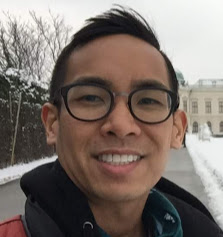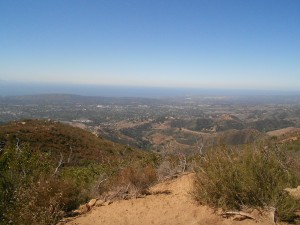For the past couple of months, I’ve taken an interest in understanding the economics of cities. Like development economics, a core aspect of urban economics is the understanding of economic growth. In my opinion, I think both are particularly complementary subfields of economics, especially considering that the majority of economic growth in developing and underdeveloped countries over the next several decades will take place in urban areas. Although much of the literature on urban economics focuses on cities in the developed world, I think the same theories – Ed Glaeser’s Human Capital Theory, Richard Florida’s Creative Class, and Jane Jacobs perspectives on urban design – are certainly applicable to the rapid growth happening in the developing world.
One idea that I found particularly interesting, if only because it seems so obvious, is that specialized cities – dominated by a single industry (or worse, a single company) typically have a much harder time reinventing themselves amidst a changing economy. The American rust belt is littered with prime examples of the consequences that come with specialization: cars in Detroit, steel in PIttsburgh, manufacturing in Buffalo, etc. While cities like Pittsburgh arguably have bounced back, others like Detroit continue to struggle with economic development. Glaeser points out in his book, Triumph of the City, that while in its heyday the Big Three brought prosperity to Detroit, it unknowingly stymied the growth and development of other industries.
Detroit’s story from prosperity to struggle, in large part due to its reliance on the auto industry, got me thinking about other cities in America that presumably are dominated by a single industry. Initially, it was fairly easy to come up with a short list of highly specialized cities: banking and finance in New York, energy in Houston, entertainment in Los Angeles, and technology in Silicon Valley. On further inspection however, it’s obvious that, with the exception of Silicon Valley, these cities are highly diversified: media, publishing, advertising in New York, shipping and distribution in Houston and Los Angeles. Silicon Valley on the other hand, is unequivocally dominated by the tech industry. This great piece from the Director of International Programs at Code for America, details just how big of a problem this truly is for Silicon Valley.
While I highly doubt anyone would consider Silicon Valley as a future Detroit, I do think the leaders of industry and policy in San Jose should do more to diversify their economic base beyond technology. Being the world’s epicenter of innovation is a fantastic achievement, but as history tells us, nothing lasts forever. Who would’ve thought a hundred years ago would’ve thought that South Korea and Japan would rival American and European auto manufacturers for global dominance?




